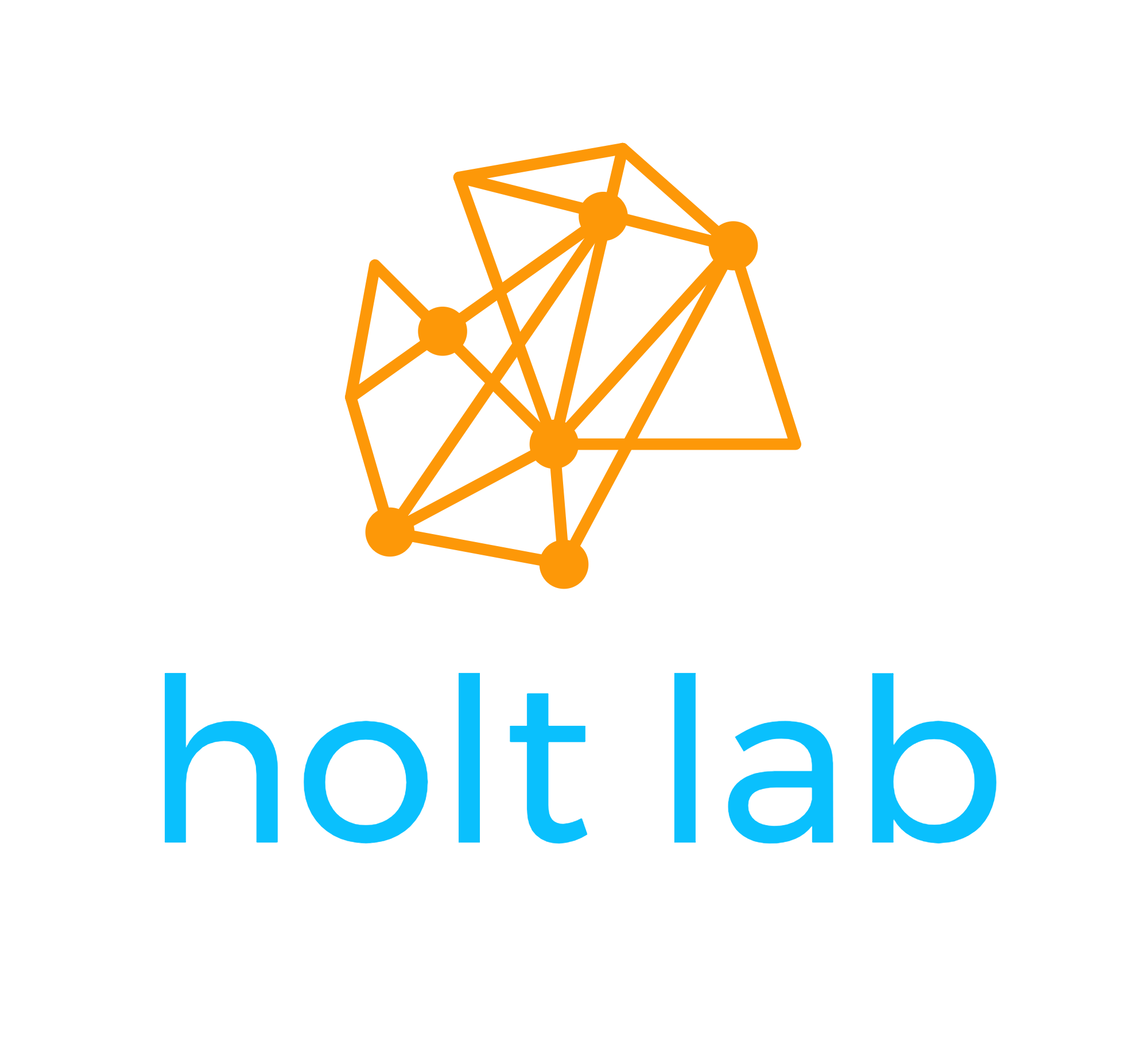positions available – compression and cancer
We seek motivated applicants to join our team working at the interface of cell biology, mechanobiology and biophysics.
Physical pressure is fundamentally important for cancer biology, but its effects remain poorly understood. When solid tumors grow confined within surrounding tissue, they build up compressive stress. Given that cells evolved to function in a stable mechanical environment, even slight changes in pressure perturb physiology. Normal cells and early stage cancer cells stop growing when pressure builds up. In contrast, in advanced cancer, compression can change cellular behavior to drive migration of cancer cells to other organs or confer resistance to chemotherapy. This difference implies that cancer cells somehow adapt to physical pressure. A lack of tools has slowed progress in understanding the relationships between compression, the physical properties of cells, and cancer behavior. We developed two new technologies to overcome this limitation: First, we created a gene that enables cells to produce a steady supply of fluorescent nano- particles that act as tell-tales for shifts in intracellular physical properties [1]. Second, we developed microfluidic devices to control compressive stress, either quickly or slowly, while maintaining a constant chemical environment [2]. We will combine these innovations to study how cancer cells adapt to high-pressure during oncogenic evolution. Experience in cancer cell biology, quantitative microscopy, mechanobiology or biophysical analysis are beneficial, but we also aim to provide an environment that enables professional development and the acquisition of new skills. These projects benefit from a strong ongoing collaboration with Dr. Morgan Delarue at LAAS, Toulouse.
Note: the above is a general guide, we develop project ideas in close collaboration with postdoctoral researchers to find the best and most exciting match the interests of the lab and the individual.
Interested parties should send a CV and a one page cover-letter that briefly describes a project idea to Liam Holt:
Liam.Holt@nyulangone.org
[1] M. Delarue, G. P. Brittingham, S. Pfeffer, I. V. Surovtsev, S. Pinglay, K. J. Kennedy, M. Schaffer, J. I. Gutierrez, D. Sang, G. Poterewicz, J. K. Chung, J. M. Plitzko, J. T. Groves, C. Jacobs- Wagner, B. D. Engel, and L. J. Holt, “mTORC1 Controls Phase Separation and the Biophysical Properties of the Cytoplasm by Tuning Crowding.,” Cell, vol. 174, no. 2, pp. 338–349.e20, Jul. 2018.
[2] M. Delarue, G. Poterewicz, O. Hoxha, J. Choi, W. Yoo, J. Kayser, L. Holt, and O. Hallatschek, “SCWISh network is essential for survival under mechanical pressure.,” Proceedings of the National Academy of Sciences, vol. 114, no. 51, pp. 13465–13470, Nov. 2017.
